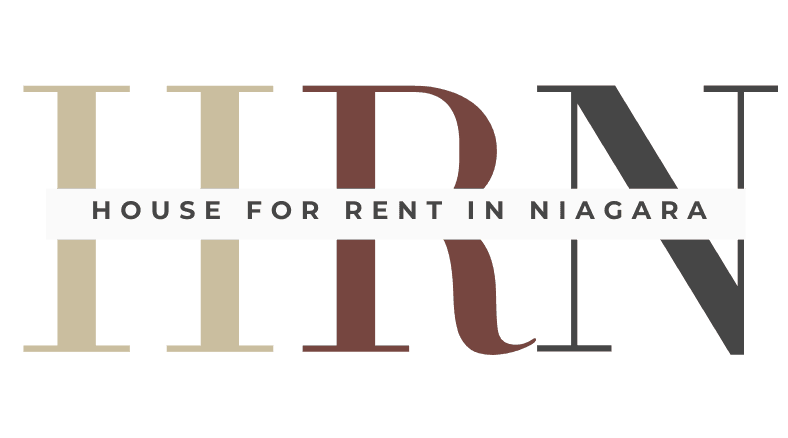How do I determine my budget for renting a home?
It’s essential to evaluate your monthly income and expenses to determine how much rent you can afford comfortably. Our team can help you find properties within your budget.
What documents are required to rent a property?
Typically, you’ll need a valid government-issued ID, proof of income (such as an employment letter or pay stubs), and references from previous landlords or employers
What should I know about lease terms, deposits, and moving timelines?
Lease terms generally last for 12 months, but variations may be negotiated. Deposits often include the first and last month’s rent. Moving timelines depend on the agreement between the landlord and tenant.
Who is responsible for paying the agent’s commission?
In most cases, landlords cover the agent’s commission, but this can vary depending on the agreement.
What is the typical duration of a lease?
A standard lease term is 12 months, but shorter or longer terms may be arranged based on the preferences of the landlord and tenant.
Can students rent a property?
Yes, students can rent properties. However, they may need a guarantor or co-signer, especially if they don’t have a stable income or credit history.
Can new immigrants rent a home in Canada?
Yes, new immigrants can rent homes with the appropriate documentation, such as proof of income or savings. Additional references or a co-signer can also help.
Can I break my lease before the term ends?
Breaking a lease early may result in penalties, such as forfeiting your deposit or covering the remaining rent. Some landlords allow subletting or early termination with mutual consent.
Who is responsible for paying utilities?
This depends on your lease agreement. Some properties include utilities in the rent, while others require tenants to pay for services like electricity, water, and gas separately.
Are there any additional costs apart from the monthly rent?
Additional costs may include utilities, parking fees, renter’s insurance, or maintenance fees, depending on the lease agreement.
Why do I need to pay the first and last month’s rent upfront?
The first and last month’s rent secures your lease and provides the landlord with a deposit to cover the final month, ensuring financial protection for both parties.
What happens at the end of the lease term?
When your lease term ends, you can either renew it, switch to a month-to-month agreement, or move out, depending on your arrangement with the landlord.
Why is so much documentation required for renting?
Documentation helps protect both the tenant and landlord by verifying identity, financial stability, and setting clear terms to avoid disputes.
Should I lease or buy a home?
Leasing offers flexibility and lower upfront costs, ideal for short-term stays or uncertain plans. Buying is a long-term investment, suitable for those ready to settle and build equity.





